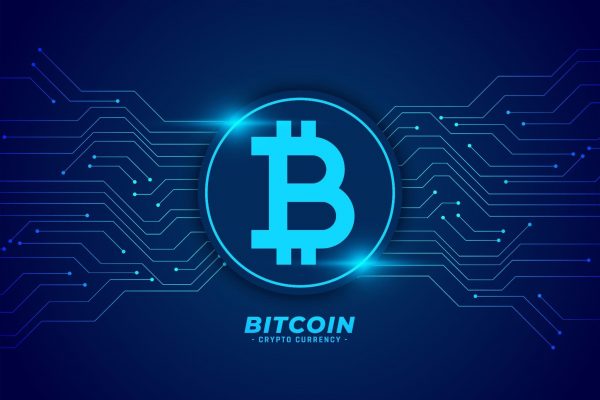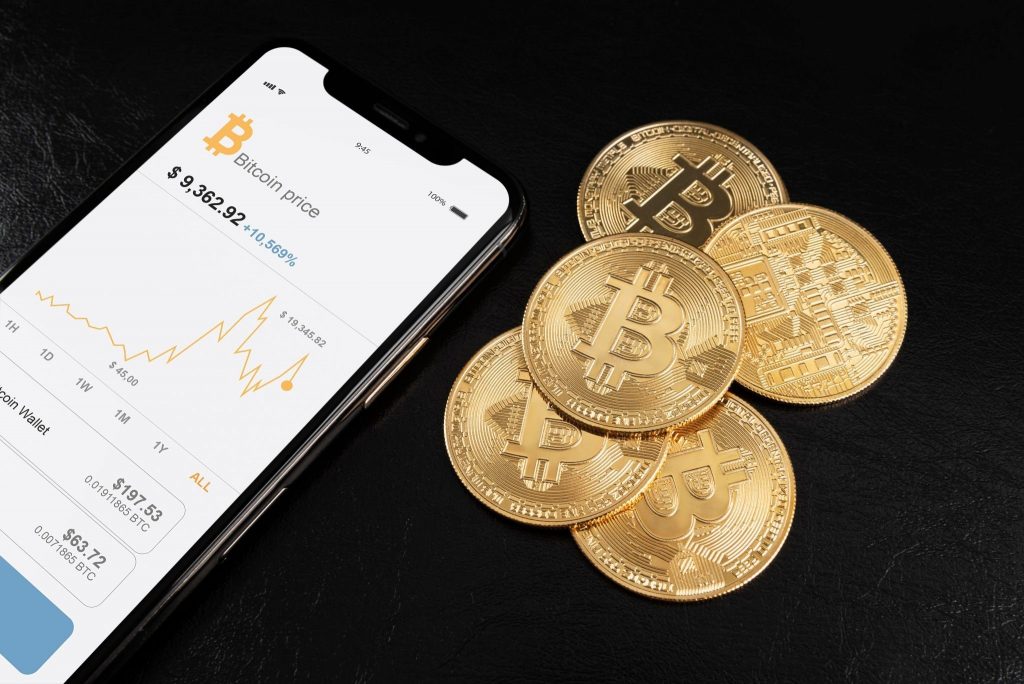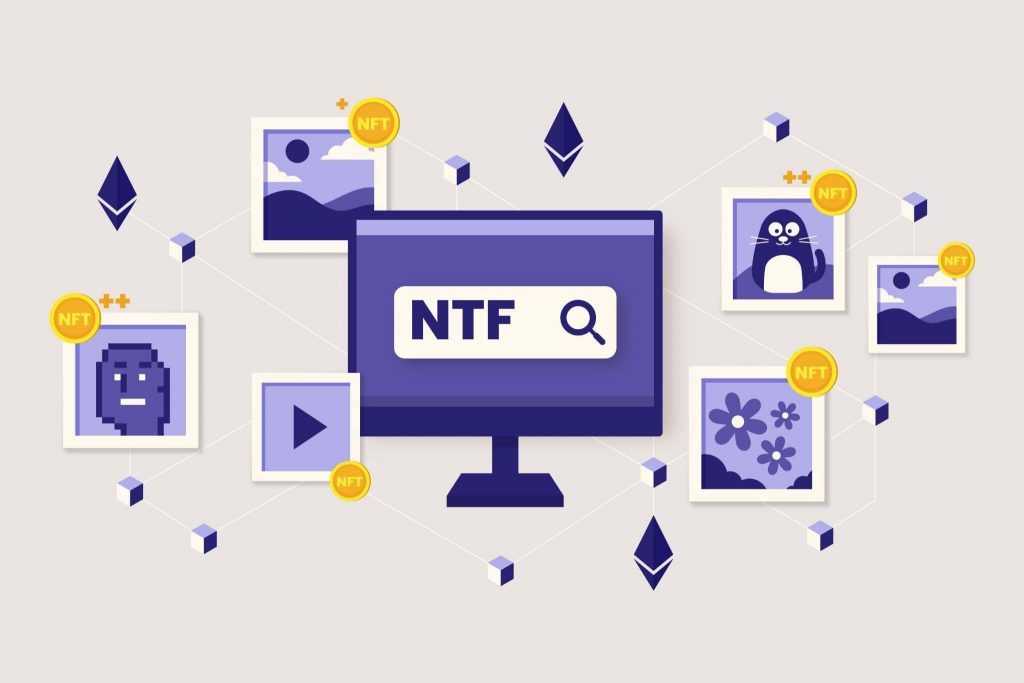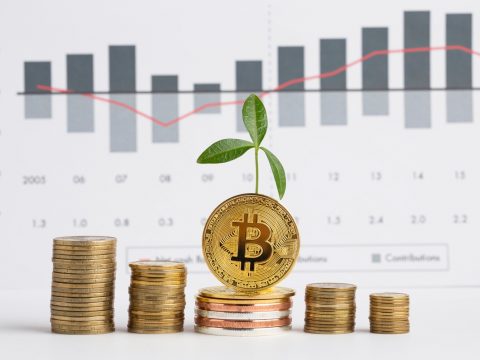What is a token?

The term crypto token refers to a particular virtual currency token or how cryptocurrencies are denominated.
Tokens depict fungible and tradable assets or utilities on the blockchains. Crypto tokens are usually employed to fund crowd sales, but they can also substitute for other things. These tokens are typically created, distributed, sold, and circulated through the standard initial coin offering (ICO) procedure, which involves a crowdfunding activity for fund-providing project development.
- Any cryptocurrency except Bitcoin and Ethereum refers to it as a “token.” However, these two are also technically tokens. Bitcoin and Ethereum are undoubtedly the most significant cryptocurrencies; it is pretty helpful to have a word that describes the universe of other coins. Another word for these crypto-assets is “altcoin.”
- Token also has an even more specific annotation that is surprisingly common: to describe crypto assets running on top of another cryptocurrency’s blockchain. Bitcoin is a cryptocurrency that has a dedicated blockchain. On the other hand, Defi tokens such as Cardano, Polkadot, and Aave run on top of, or leverage, an existing blockchain, namely Ethereum blockchain.
- Tokens in the second category aid decentralized applications to freely automate interest rates to sell virtual real estate. However, owners also can hold or trade like any other cryptocurrency.

Why are tokens essential?
It is utterly helpful to understand some common definitions while researching cryptocurrencies, given that you’ll come across the word. in addition to the big-picture definitions that are previously mentioned, some crypto-assets actually have “token” in their names. Here are some examples of those:
- Defi tokens In recent years, a new world of crypto-based protocols aiming to duplicate traditional financial-system functions such as lending and saving, insurance, and trading has emerged. These protocols issue tokens that function in various positions while also being traded or held like any other cryptocurrency.
- Governance tokens These are technical Defi tokens that are decentralized and don’t have a central authority, such as boards of directors that offer their holders a say in the future of an app or protocol. The widespread savings protocol Compound, for instance, issues all users a token called COMP. This token offers holders a vote in how Compound is upgraded. The more COMP tokens you hold, the more votes you accumulate.
- Non-Fungible Tokens (NFTs) Anyone who has ever visited a torrent site full of the latest movies and video games is aware of the requirement of a unique digital or real-world asset ownership right. NFTs represent ownership rights, making it more difficult for digital creations to be copied or shared. Users can use them to issue limited digital artworks or sell unique virtual assets like rare items in a video game.
- Security Tokens Security tokens are a new category of assets that aim to be the crypto equivalent of traditional securities, namely stocks. Their primary usage is to sell shares in a company similar to the shares or fractional shares sold via traditional markets or other enterprises (for instance, real estate) without the need for a third-party broker. As a potential alternative to other fundraising methods, prominent companies and some startups investigate security tokens.

As blockchain enterprises work under government regulation and investor and customer accessibility, it is expected to see more innovative ways to utilize tokens. Lately, Tokens are being used as a process of:
- Payment between different parties who accept to use it as a currency
- As digital asset ownership, which can be real estate, products, or company shares
- Accounting for digital actions
- Reward to participants in a network
- Providing network security
- Establishing a gateway to supplementary services
- Delivering a better user experience
Crypto Token Frequently Asked Questions (FAQs)
What is a token?
A virtual currency token is called a crypto token, a cryptocurrency denomination. It conveys a tradable asset or utility that resides on its own blockchain and permits the owner to use it for investment or economic purposes.
What is the purpose of tokens?
As a legal tender, crypto tokens can define an investor’s stake in the company or serve a specific economic purpose. Therefore, token holders can use them to purchase or trade tokens, same as other securities, to profit.
Is Bitcoin a token or a coin?
Bitcoin is a cryptocurrency with virtual tokens or coins that can be traded or made purchases.
A look at the future of tokenization
While crypto tokens, like cryptocurrency, can bear value and be exchanged, they can also be developed to represent physical assets, more traditional digital assets, or a specific utility or service. For example, crypto tokens symbolize tangible assets such as real estate and art and intangible assets such as processing capability or data storage space. Frequently, tokens are also utilized as a governance mechanism for voting on specific parameters like protocol upgrades and other decisions that illustrate the future tendency of various blockchain projects. Creating crypto tokens to operate these multiple functions is known as tokenization.
The digital assets are generally expected to improve since creating new assets within the digital world is less restrictive compared to the physical realm. The improvement can make countless industries operate, interact, and generate value in a novel way. It can enable a vast array of unique social and economic opportunities.
As soon as tokens incorporate the current global banking infrastructure and operate under government laws and regulations, they will acquire the public’s trust. Highly optimistic spectators assume that ICOs will substitute Initial Public Offerings as the primary share-issuing method.




